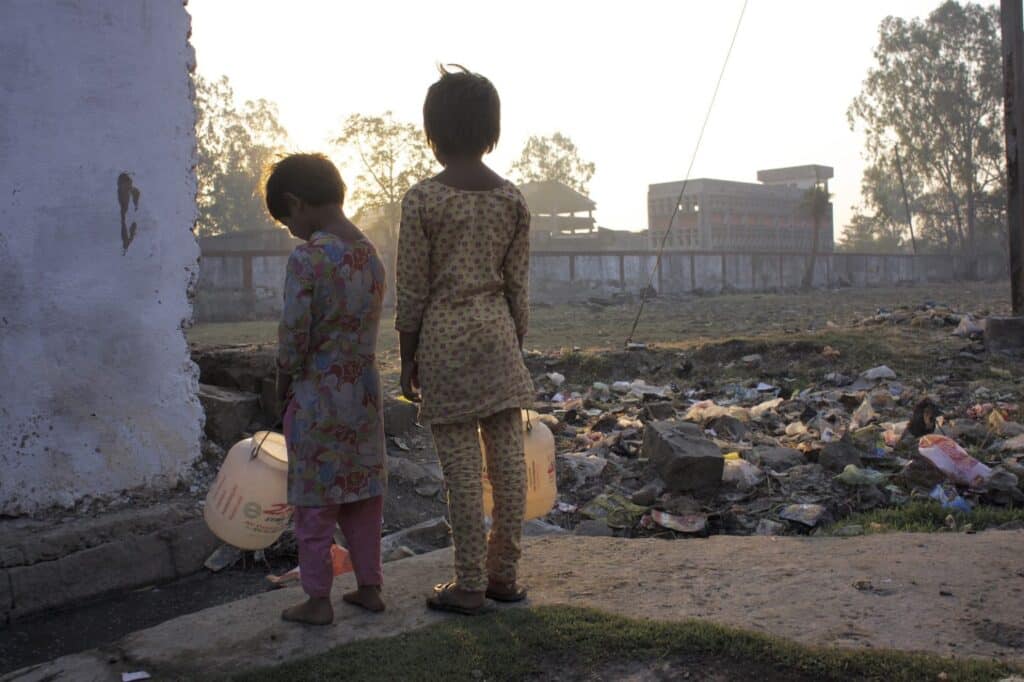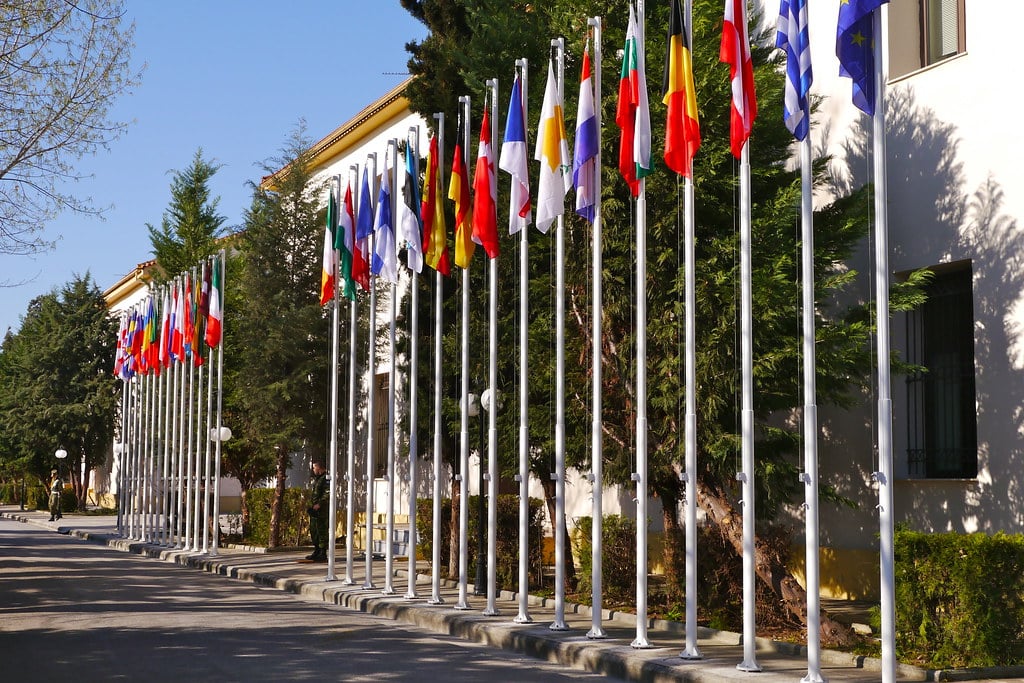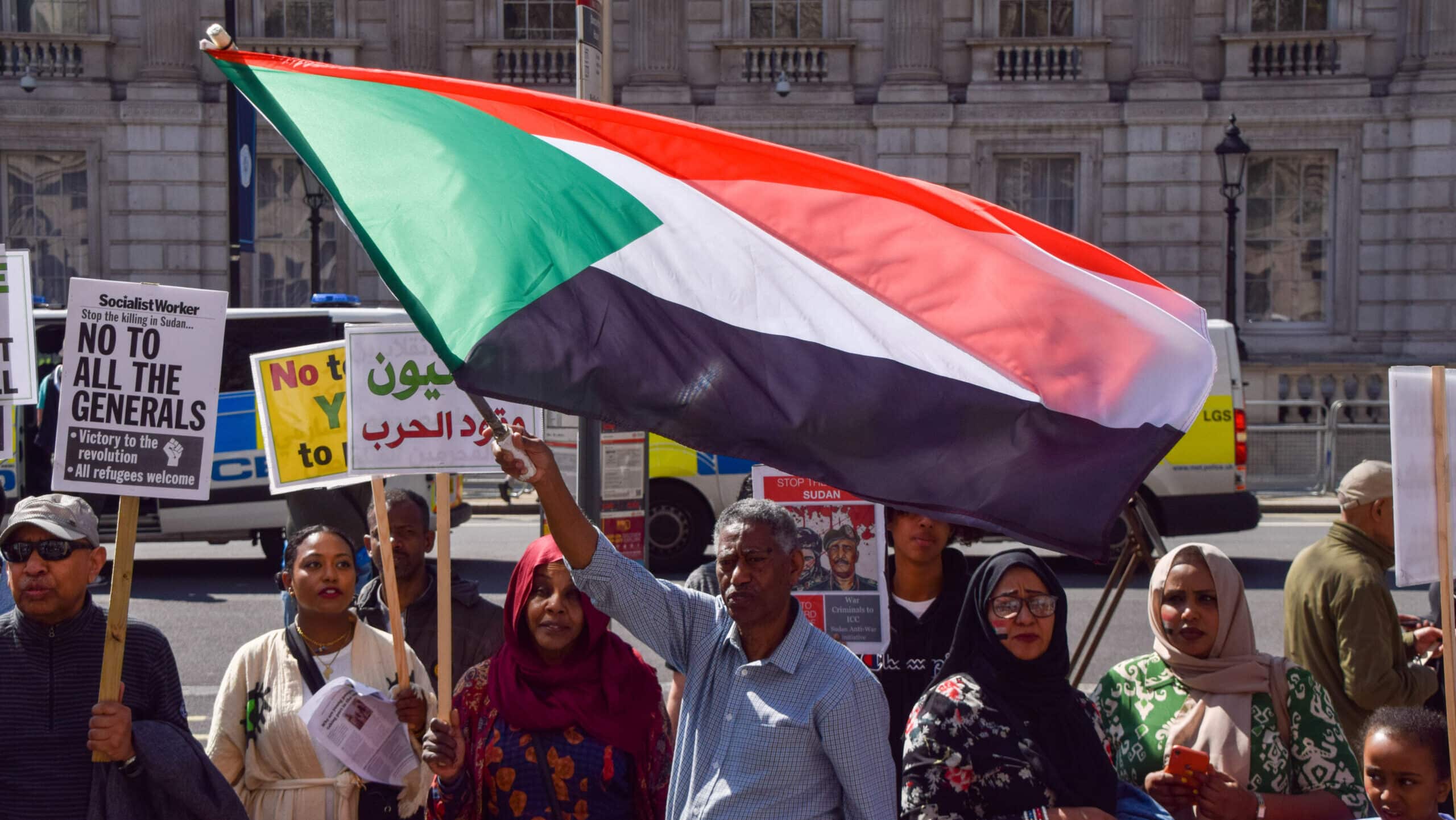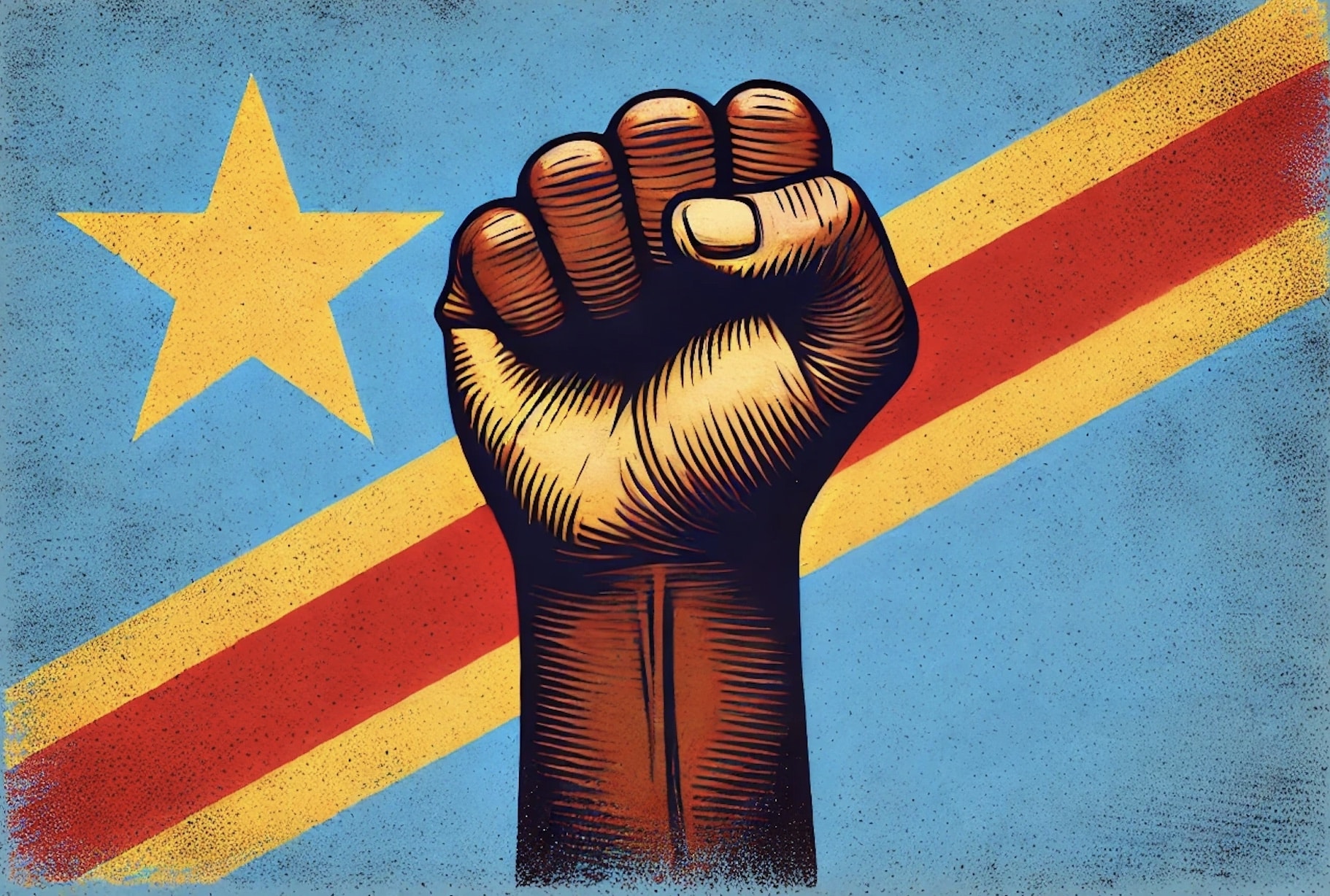Two girls fetching water in the neighbourhood next to the former Union Carbide factory @Giles Clarke
This article originally appeared on Vice Versa.
Forty years ago, tonnes of toxic gas leaked from a plant in India, killing thousands - and now, in 2024, Dow Chemical is facing victim groups in court. Tulika Bansal says: "People are still getting very sick.
Bhopal, 1984: on the night of 2 to 3 December, 27 tonnes of toxic gas leaks from a rusting Union Carbide chemical plant - half a million residents are exposed, ten thousand die instantly. Since then, the casualty count has risen by at least fifteen thousand, although organisations for survivors estimate it to be one and a half times higher. More than a hundred and fifty thousand people are still suffering from problems created by the disaster and subsequent contamination: respiratory diseases, reproductive-health complaints, liver and kidney disorders and various types of cancer.

Union Carbide factory @Giles Clarke
Union Carbide does not clean up the polluted environment, paying meagre compensation only for directly identifiable deceased. Dow Chemical Company takes over Union Carbide in 2001, and with it, the chance of justice for the victims is gone... or is it? Forty years later, in January 2024, Dow Chemical and the organisations representing victims of the gas disaster face each other in court.
We spoke to expert Tulika Bansal about the case and why this injustice should not be forgotten. She has been working on the link between human rights and business for more than 16 years, from different perspectives. In January, she attended a court case on accountability and accessibility from the Indian court to Dow Chemical on the damages suffered.
Ongoing disaster
In 2024, why another court case over a '84 disaster? In Bansal's words, 'because justice is lacking'. Dow Chemical bought Union Carbide 17 years after the disaster, taking over its assets and debts, as well as ongoing litigation and liability - only Dow does not take responsibility for the situation in Bhopal.
In 2024, the company finally appeared before the Indian court on the accessibility of the Bhopal court to hear a case in which Dow Chemical is a defendant. 'Dow refuses the liability claim,' says Bansal, 'on the grounds that the court in Bhopal would not have jurisdiction over the case.' The company also claims that Union Carbide, following an earlier lawsuit, has already paid compensation, but that was only available to those who could prove to have been present at the disaster.
'Afterwards, over ninety per cent of the victims received meagre compensation of 25,000 rupees, which is about 280 euros today, and relatives of fatal victims received over two thousand euros. In 2004, a similar amount was still paid out from the remaining pot of compensation money, but this was far from covering it and also did not cover the remaining and future victims affected by the gas cloud in '84, or those who are still experiencing health problems due to the contaminated water today.

Two girls fetching water in the neighbourhood next to the former Union Carbide factory @Giles Clarke
'Still leaking toxic substances from the former Union Carbide plant, which are stored nearby, into so-called solar evaporation ponds. Most of the toxic material, estimated at thousands of tonnes, is still in underground pits that make up one-fifth of the site - and people are therefore still getting very sick.
'I have heard stories of women who were young when the disaster happened, and who have had as many as six miscarriages later in life and cannot have children. Children of victims are still being born with various disabilities, and that is the second or third generation after the disaster. It is genetic problems that they pass on and nothing is being done about it.'
The government does not recognise those people as victims of the disaster and so they do not get medical support and compensation for medical expenses. Tulika Bansal says that in the current court case, it was particularly striking how big the power differential was.
'One lawyer for the victims against a team of 12 high-paid lawyers from Dow Chemical,' she says. 'One of the lawyers was flown to Bhopal by private jet, so the commercial plane carrying the victims' lawyer could not land in time - this is a case between Big Business and the little woman who has no power and no voice.'
'We want laws at global level'
International law can also play a role in such conflicts: non-binding instruments exist, such as the UN Guiding Principles on Business and Human Rights, the OECD Guidelines and the International Labour Organisation's Resolution on Safe and Healthy Workplaces. But what the tragedy in Bhopal shows is that more is needed than non-binding agreements.
Legislation was in the making at EU level, with the Duty of Care Act or the Corporate Sustainability Due Diligence Directive. 'That would ensure that large companies with a certain number of employees and a certain profit have to demonstrate what they are doing for the environment and human rights, and that they can be held accountable,' says Bansal.

Protest against Dow Chemical in Bhopal @International Campaign for Justice in Bhopal (ICJB)
Or in the words of the bill's initiator, MEP Lara Wolters: an anti-hijacking law. Bansal: 'Such legislation can ensure that human rights issues are addressed throughout the chain. Companies should then devote global energy to improving human rights and standards of production and work - this kind of legislation is the future.'
The question now is whether the law will come to pass. Although it was agreed, some member states unexpectedly withdrew their support last month, most likely influenced by big business lobbying. Only if the text is amended, reapproved by parliament, and then does receive support from member states, is the proposal still salvageable.
Fortunately, such legislation already exists at the national level: in France and Germany, for example. There are also already a number of lawsuits pending against large companies, brought by employers' organisations or by NGOs representing the rights of affected communities.

Memorial statue of woman holding her deceased child in her arms, opposite the former Union Carbide factory @Tulika Bansal
Tulika Bansal is hopeful. 'I want to believe in such legislation,' she says, 'because it will be implemented in countries where it does work, where there is little corruption, where victims are looked after - because if this kind of legislation gets there in Europe, it will have an effect on human rights violations in the chains that extend beyond the continent.
'Such as the violations of workers' rights in sweatshops and communities like in Bhopal. Many companies adapt only because of the risks: reputational and financial damage, imprisonment and boycotts. Lawsuits against companies, with accountability to executives and directors, can provide a deterrent.'
In particular, the right to reparation for victims is an important part of such legislation, but above all, companies need to change their business models, with the aim of promoting human rights and sustainability.
This is what United Nations experts also argue. For instance, on the 35th anniversary of the Bhopal disaster, Baskut Tuncak, the UN rapporteur on the issue, said: 'Tragedies continue to occur that are preventable because the chemical industry refuses to take responsibility for respecting human rights, and not just when it is convenient.'
The future of Bhopal
The ruling in the case has been deferred to March, with a different judge - a subsequent trial is not yet on the cards. Bansal says such a case, in which Dow has to be heard on the substance, is necessary to obtain redress for the victims and relatives.

. Folders of all Union Carbide and Dow chemical articles and documents in the library of Sambhavna Trust @Tulika Bansal
'It's first about acknowledging that Dow's takeover of Union Carbide brought it into this legal battle as a player, and then about paying more compensation to the victims then and now, and cleaning up the contaminated land. Then I hope - and think - it can lead to justice for the victims.'
The Bhopal gas disaster is the biggest of its kind ever. Instead of falling into oblivion, it should be used as a warning and an example of what is needed to bring about corporate accountability and responsibility. Let the UN, the OECD, the European Union and multinational corporations keep up with the developments in the case and together implement ambitious guidelines and legislation that will make people and nature well protect - and let's hope for a good outcome to this lingering affair in Bhopal.
Donate to the International Campaign for Justice in Bhopal or to the Bhopal Medical Appeal, which provides free medical care to victims of the gas disaster. See here if you want to learn more about fair trade and the importance of human rights





